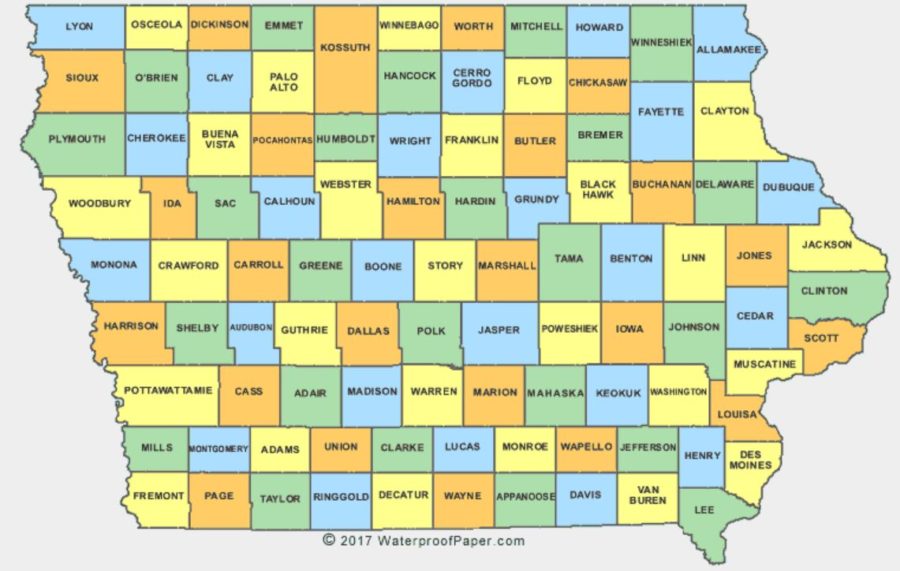If the Iowa Caucus debacle has you worried about the way American elections operate, please remember that a caucus is not an election. The Democratic caucuses operate outside of the official election system. They’re run by the party, not by the professional election administrators who oversee regular elections. The harried precinct chairmen you saw on TV last week (Feb. 3) are not employees of a county election jurisdiction. The Iowa Secretary of State and the county auditors who supervise elections in their areas have no official role in the caucuses, so they do not regulate the events. People attending the caucuses are not voting, and the results are not counted, recorded or checked by the county auditor’s office. Election officials don’t set the date or manage the caucus sites. Caucuses don’t run like official election days, with all-day voting hours that make them more accessible to a broad electorate. Unlike the poll workers you see every election at your local precinct or vote center, the people running the caucuses are, essentially, well-meaning amateurs who do the job, perhaps, once every four years.
So, the chaos and incompetence of Iowa’s caucuses should not be regarded as an indicator of problems in the American election system, or a harbinger of things to come as the 2020 election evolves. In real elections, there is a vast army of behind-the-scenes workers and procedures designed to ensure precisely the elements that seem to have been missing in the Iowa caucuses: orderliness, integrity, accuracy and timeliness of reporting, and overall security. For the past twelve months, I have been observing the backstage work at my local election headquarters for an upcoming book, and I have come to feel confident that, in the official world of elections, people are trying hard to get it right, and succeeding most of the time.
If Iowa’s Democratic Party had opted for a primary election, rather than caucuses, the situation could have been very different. Real primary elections fall under the jurisdiction of state election laws, so they are conducted by elected or appointed officials who specialize in the job. In a primary election, all the elements and safeguards that combine to make elections tick would have been in play. I’m not saying that everything would have been perfect: Elections are never flawless. Even most well-thought out election plans can break down because of weather, technology failures, power outages, staffing issues or a myriad of other bumps in the road.
In fact, if Iowa had conducted a primary election, the customized reporting app that apparently failed might not even have been involved. In a primary, which comes under the jurisdiction of the Secretary of State, participants would have cast ballots using state-approved voting equipment, with the results reported according to established procedures. Also, presumably, Iowa election administrators would have applied widely held standards for vetting and pretesting their electronic systems, anticipating and preventing a confidence-destroying failure like the one making headlines in Iowa’s aftermath.
To its credit, the Iowa Democratic Party thought ahead and created a paper trail that may have saved the day. But Iowa’s caucus disaster offers a cautionary tale about relying too heavily on inadequately vetted technology. It’s also a warning about the process employed to buy new election technologies: If news reports are correct, the Iowa Democratic Party may have skipped some important checkpoints in its quest for a company to supply a reporting app and may have awarded the contract to a well-connected but inexperienced tech start-up. In addition, this would probably be an appropriate moment to reconsider the concept of caucuses themselves (particularly holding the first one in Iowa).
Iowa’s caucus debacle was an own goal, a self-inflicted screw-up that has added unneeded confusion to the process of nominating a presidential candidate in a critical election year. But caucuses are a bug in the system, not a feature, and that’s how they should be viewed. Iowa’s caucus process does not represent the rest of the U.S. election system. Don’t let it undermine the essential trust in voting that keeps our increasingly fragile democracy alive.
{Originally posted on Occasional Planet, Feb. 10, 2020]
